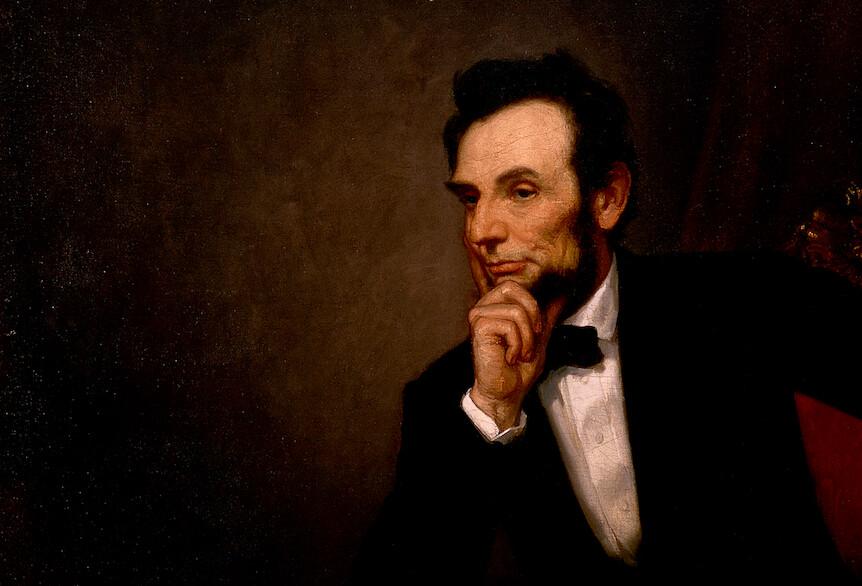Commentary
The election was about six months away. Everyone believed that it would be as important an election as an election could be, sure to set the course of the Republic for decades to come. The stakes could hardly be higher.

The election was about six months away. Everyone believed that it would be as important an election as an election could be, sure to set the course of the Republic for decades to come. The stakes could hardly be higher.